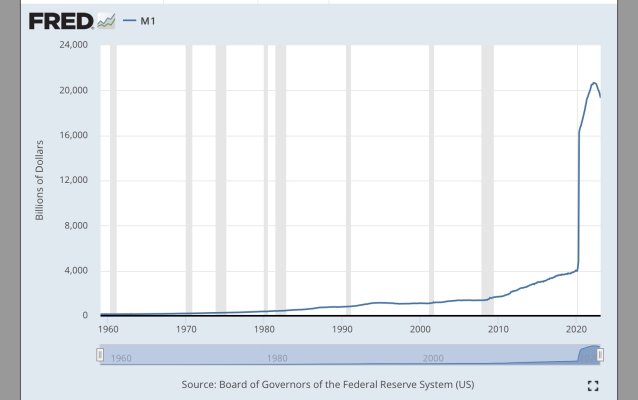I ran across some analysis recently. The gentleman pointed out that the inflation stats still show real estate costs rising when they have been falling.
He expected that to be reflected in the numbers beginning this fall. He said with inflation adjusted accurately for this inflation the headline rate would be 2%ish.
Oh it was Barry Sternlicht, Starwood Capital Chairman and CEO.
This vid is 4 min plus and he includes a nice chart. At end he explains how high rates also drive down tax receipts, leading to fiscal challenges. That is right at the end.
https://youtu.be/rsXRtobbgV4
Jeremy Siegel made the same point in January about housing data lag in Fed inflation figures.


